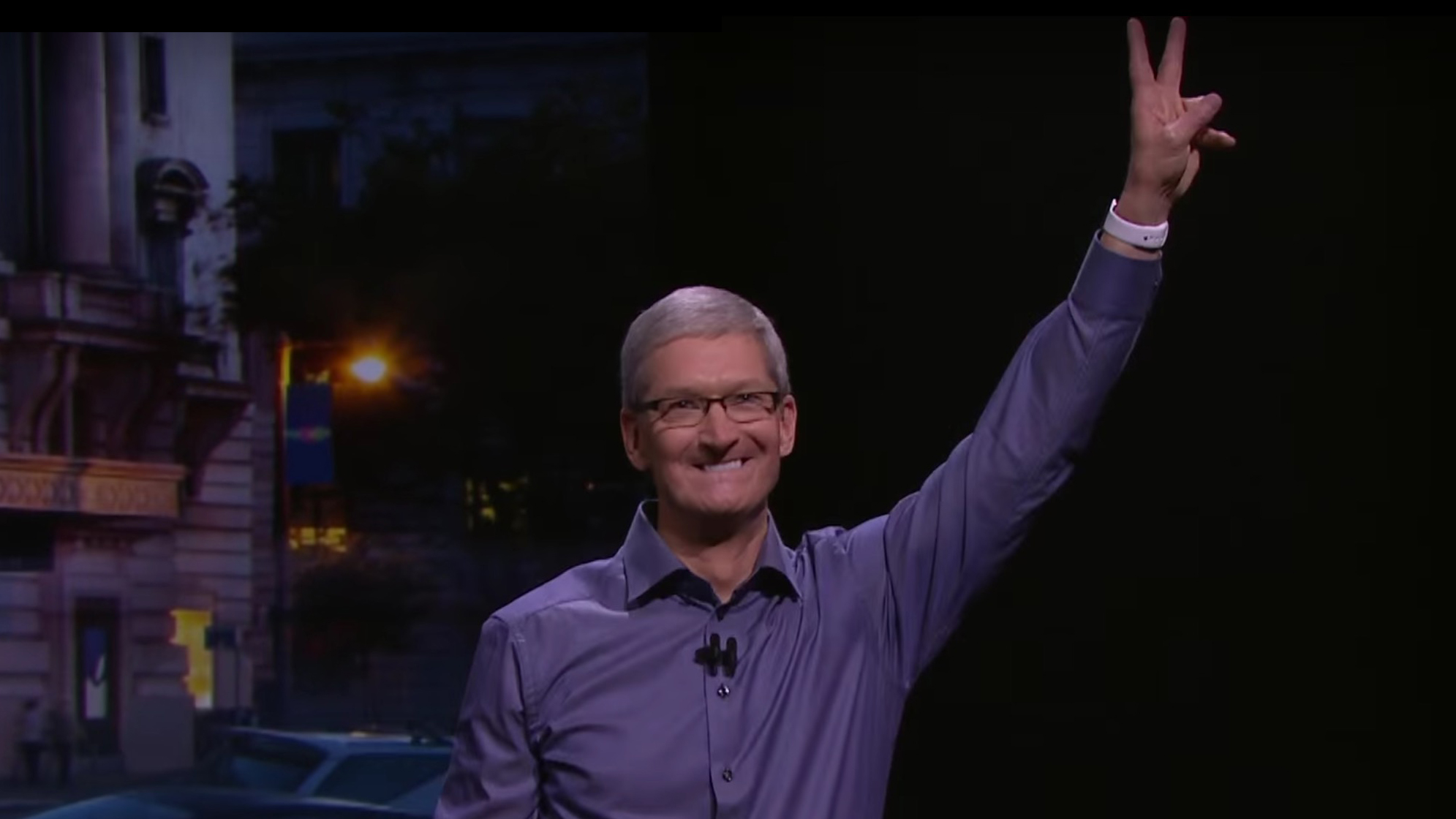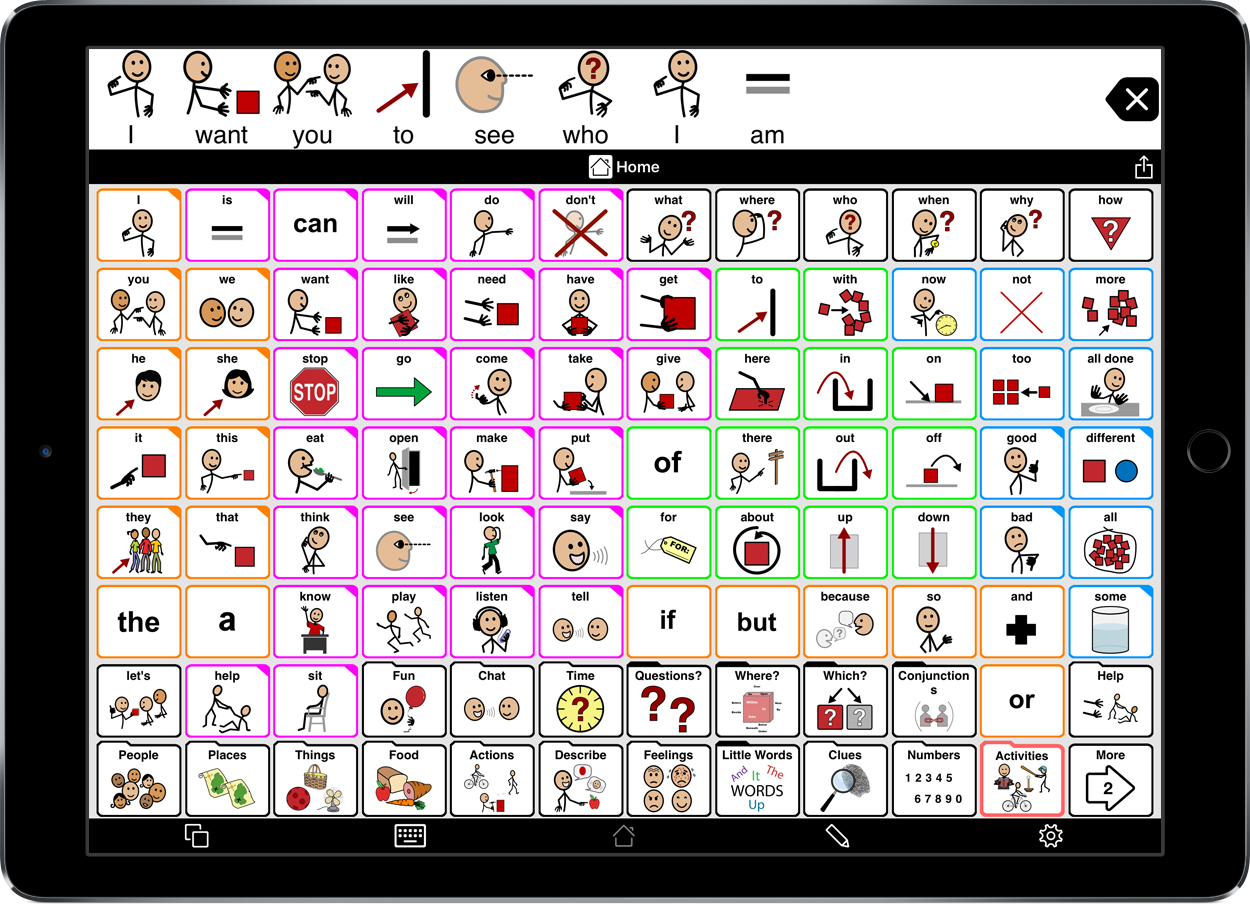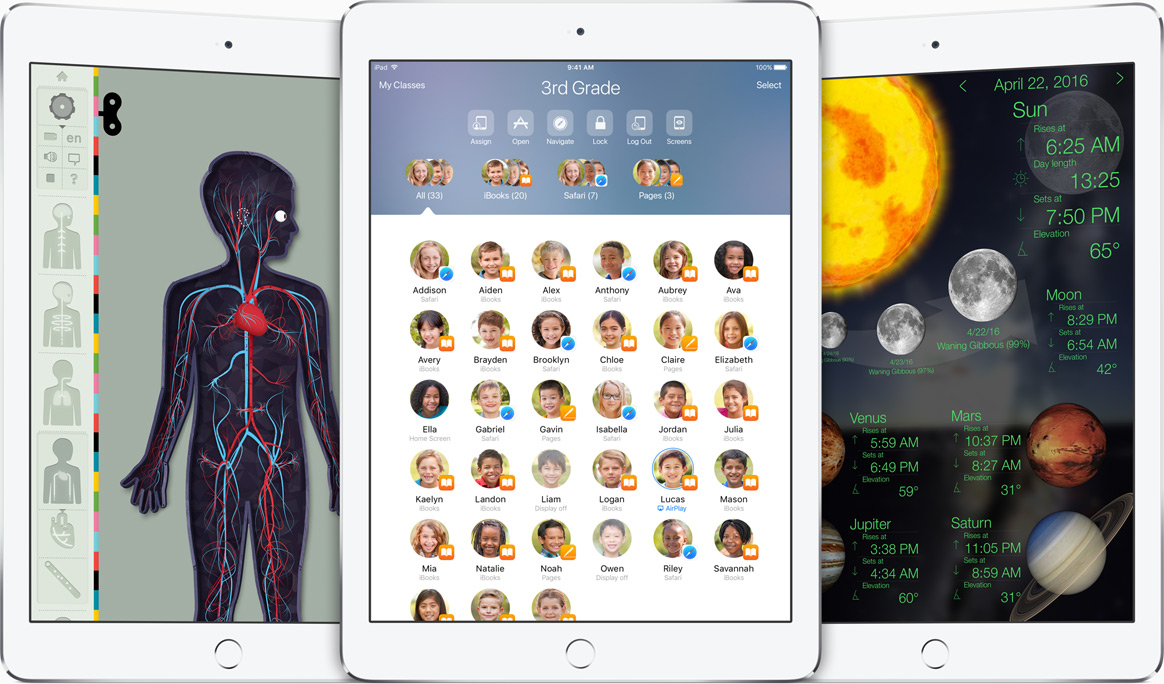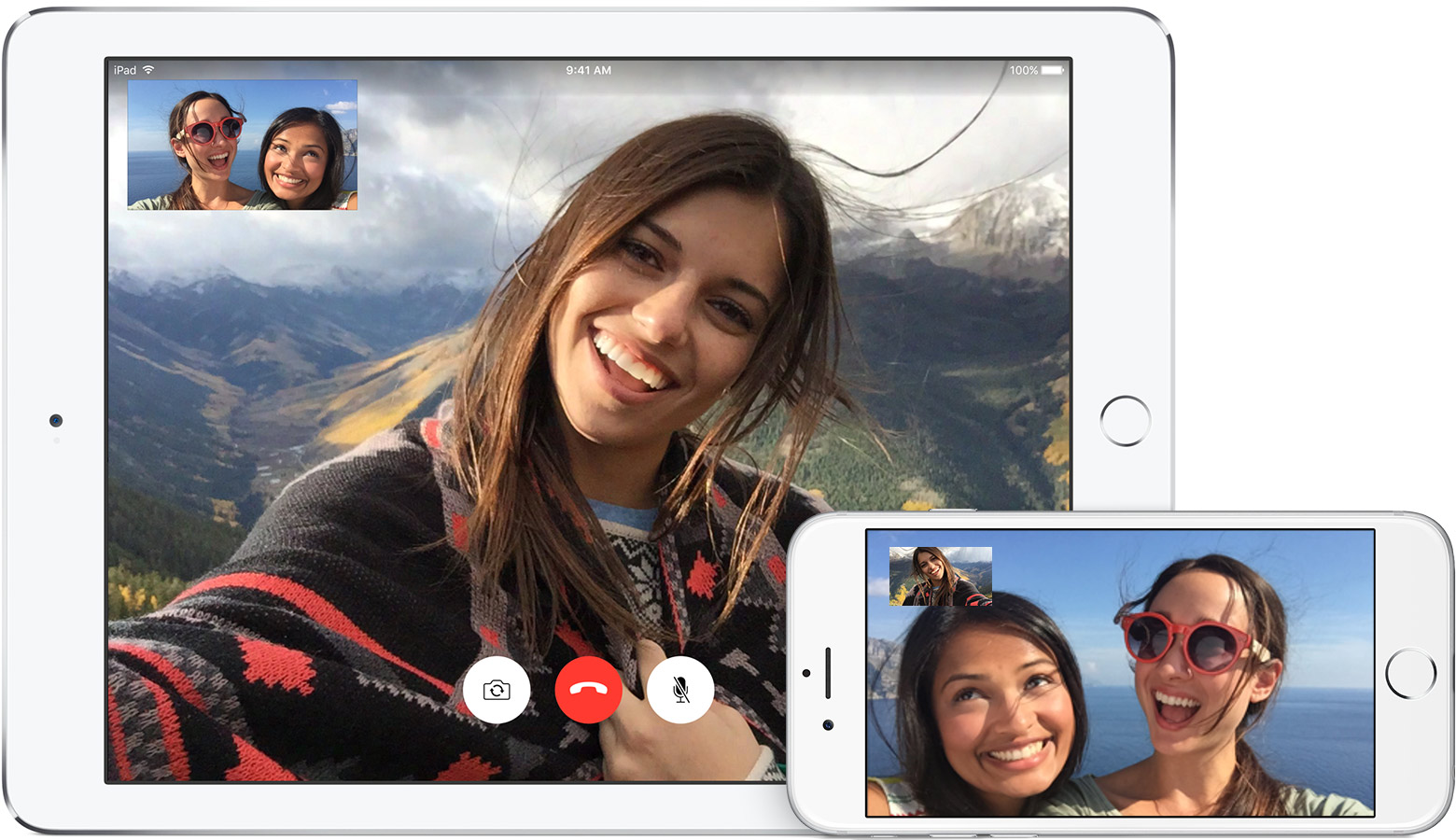3 Apple products Tim Cook is most proud of
He chose noble Apple features over flashy product debuts

There's been tremendous innovation over the span of Apple's 40-year history, enough that it's a challenge to formulate a definitive list of its very best technology.
What was more groundbreaking, the Apple II in 1977 or the iPhone in 2007 or the Apple Watch in 2015? Okay, not that last one, but the debate over the other two remains unsolved.
That's why it's interesting to hear about the Apple products that CEO Tim Cook is most proud of during a two-part interview with CNBC's Mad Money, and it's also a bit surprising.
Rather than picking one of the company's earliest computers or its first smartphone, he chose to talk about the features that connect people in new ways.
One night after hinting at the iPhone 7 and Apple Watch 2, Cook gives us a glimpse at the ethos that really seems to drive his employees to make these devices.
1. Autistic kid given a voice by an iPad
"I'm most proud of the products that Apple makes that give our customers the ability to do things that they couldn't have done," said Cook to host Jim Cramer.
He immediately brought up "the autistic kid that's given a voice," referring to the two short films by Apple that feature an autistic and nonverbal 16-year-old Dillan Barmache.
Get daily insight, inspiration and deals in your inbox
Sign up for breaking news, reviews, opinion, top tech deals, and more.
An iPad and special software from the iTunes Store has given Dillan the ability to communicate, as he himself explains in the Apple-produced video entitled "Dillan's Voice."
"So many people can't understand that I have a mind," said Dillan using the iPad to talk. "All they can see is a person who is not in control."
The iPad and its software have had a real impact, he explains: "But now you can hear me. The iPad helps me to see not only my words but to hold onto my thoughts."

"Having a voice has changed everything in my life. No more isolation," he said. "I can finally speak with the people that love me. I can say what I think and let them know I love them too."
There's a dedicated iTunes Store Autism section, filled with iBooks, podcasts and iOS apps for learnings as well as everyday use. It's easy to see why Cook is proud of this one.
2. Students learning digitally with iOS 9.3
Cook stayed focused on children by next highlighting software that lets young students learn outside of outdated, non-interactive textbooks.
"Kids in the classroom [are] able to communicate in a digital way," he explained, alluding to the company's iOS 9.3 update. "They're able to learn faster and learn more."

Apple just launched new "Education in iOS" features with the the goal of using technology to reshape lesson plans. It's moving beyond ritzy school districts that can afford iPads, plural.
Now, not every student needs an iPad thanks to student-specific logins. Apple's site says when a 1:1 student-to-iPad ratio isn't possible, they simply log in to a shared iPad, and their content is ready to go.
Wonderfully engaging classroom apps are available to teachers, and they're then able to guide students through lessons and track their progress. Meanwhile, the new Apple School Manager portal is a top-down way of managing all of those IDs.
Google is planning to excite classrooms with Google Cardboard VR experiences, while an Apple VR headset doesn't even exist... yet. But Tim Cook has them beat when it comes to "old-fashioned" tablet learning.
3. Bridging generations, new and old with FaceTime
This is one for everyone. FaceTime has become the incredibly easy-to-use video calling feature preloaded onto iOS devices and Mac computers, and impacted young and - importantly - old.
Cook illustrated two very real scenarios, both involving family. The first was existing loved ones: "the grandmother who is able to communicate across FaceTime with her grandkids who she can't visit because she's a thousand miles away."

Next, he mentioned how people can be present for newly forming family bonds, like "the person who is connected to a wedding, who couldn't be in a wedding, but they're now connected via FaceTime."
Apple isn't the only company capable of video chat over phones. Popular apps like Facebook Messenger, WhatsApps and Hangouts all support video calling today.
What's different is that FaceTime is built into the phone so that my oldest relatives can use it. No other smartphone maker has been able to touch Apple's FaceTime ease-of-use.
Yes, on Android, the Samsung Galaxy S7 and S7 Edge finally added a video calling button to the dialer screen. But I can only video chat with a person if 1) they're on the same US carrier and 2) they have a similar phone (S7 or S7 Edge). That's two people among my 1,000 contacts. In other words: "It just doesn't work."
Tim Cook's Apple
During the interview, Cook began a sentence saying "Whether it was Steve's Apple or m-... I don't view it as my Apple today, I'm the CEO of it...," catching himself before retreating into modesty.
But this is very much Tim Cook's Apple and, if you watched the iPhone SE launch event, there's an unquestionable drive toward similar noble efforts: studying and treating diseases with CareKit; saving the environment with ideas the 29-armed iPhone recycling robot Liam; and protecting privacy against intrusive governments.
As much as Chinese phone manufacturers imitate Apple's designs and cut into its slumping revenue, none are playing on the same altruistic level. And judging from tonight's interview, it's safe to say that there may be more to add to the list during Tim Cook's tenure as Apple's CEO.
